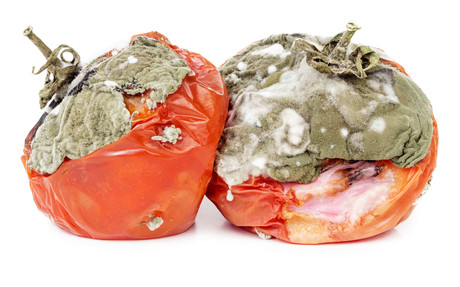The smell of death is a dead giveaway

By detecting decay compounds such as cadaverine at very low levels, a newly developed bioelectronics sensor can alert users to rotting food before the stench becomes obvious. As a side benefit the sensors can help users find victims of natural disasters and crimes.
Cadaverine is responsible for the repulsive odour of rotting foods. It is the result of a bacterial reaction involving the amino acid lysine.
Seunghun Hong, Tai Hyun Park and colleagues from the Seoul National University wanted to create a sensitive and specific detector for cadaverine. A previous study has shown that a receptor in zebrafish has an affinity for cadaverine. To make this receptor in the laboratory, the scientists turned to E. coli as a host cell because it can easily produce large quantities of proteins. But the production of this receptor in E. coli has been a challenge because it needs to be in a membrane. One way to do this is to make the protein in a bacterial cell and reconstitute it in nanodiscs, which are water-friendly, membrane-like structures that the receptor can reside in.
The researchers successfully produced copies of the receptor in E. coli and assembled them into nanodiscs. The receptor-containing nanodiscs were then placed in a special orientation on a carbon nanotube transistor, completing the bioelectronic nose. During testing with purified test compounds and real-world salmon and beef samples, the nose was selective and sensitive for cadaverine, even at low levels. Additionally, the researchers say the detector could someday prove useful in finding bodies, since the compound is also produced when a person dies.
The research has been published in ACS Nano.
AFGC reviews progress on food and grocery manufacturing targets
In its latest food and grocery manufacturing sector report, AFGC reflects on the...
$15m AI space project to help boost Australian agriculture
The Australasian Space Innovation Institute is developing an AI-enabled geospatial national...
Barry Callebaut opens chocolate innovation centre in Singapore
The Callebaut Global Innovation Center is helping to advance the future of chocolate and cocoa...











